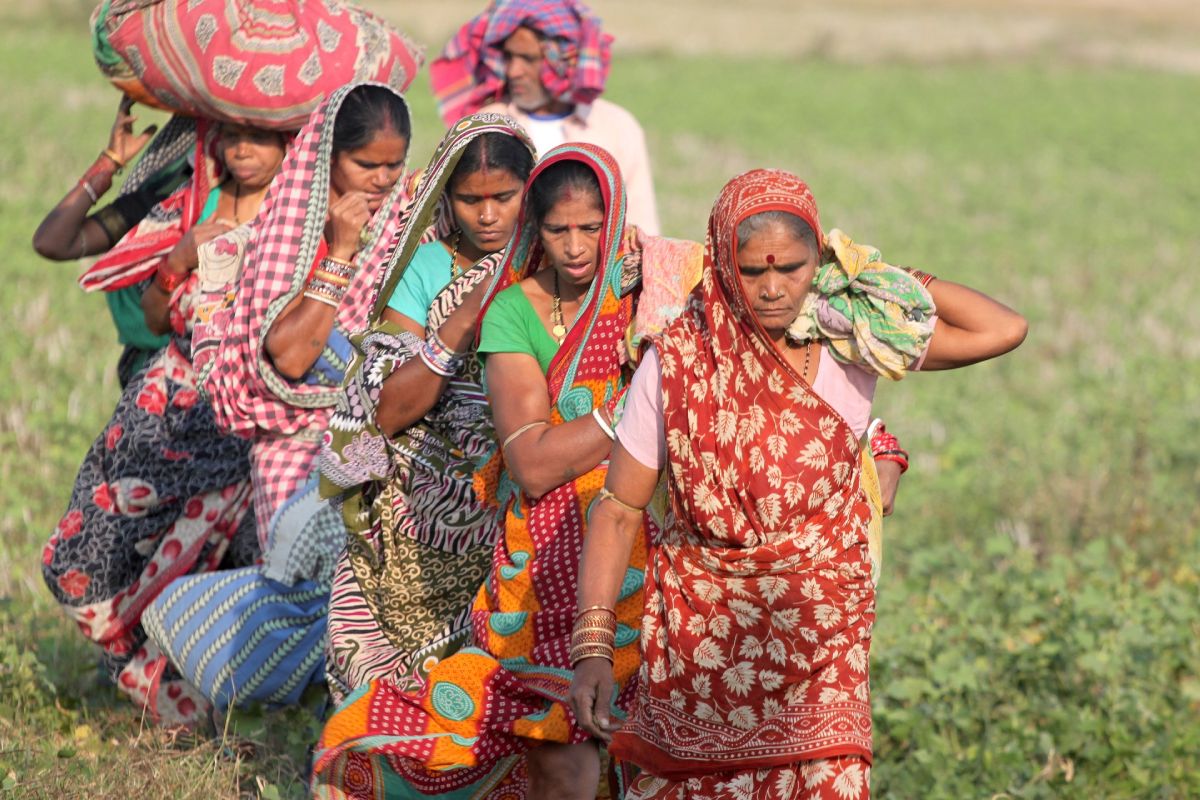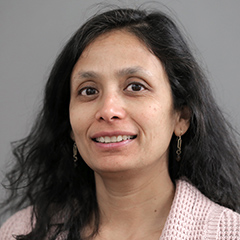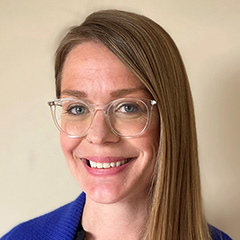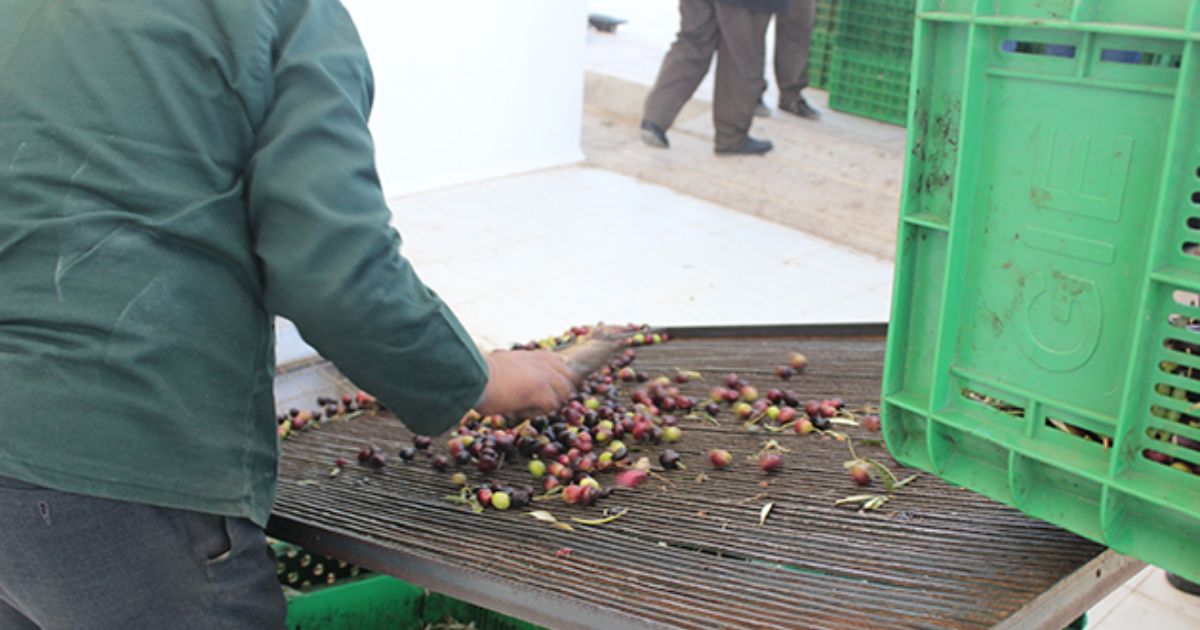Project Overview
To advance learning around agricultural market interventions by evaluating two programs in Odisha, India that are establishing farmer producer organizations to integrate small-scale producers into formal markets.
By coordinating production and sales among small producers, producer organizations can unlock access to formal markets and improve farmer income. Mathematica is conducting an evaluation that will inform the field about the effectiveness of these programs and guide scale-up.
- Access Development Services (ADS)
- PRADAN
- Government of Odisha (GoO)
Bill & Melinda Gates Foundation
Organizing small-scale farmers into groups has the potential to improve their outcomes in the market by increasing their collective action and bargaining power, reducing transaction costs, and expanding market access.

Most rural households in Odisha, a predominantly rural state in Eastern India, rely on agriculture for their livelihoods. However, these households typically cultivate small areas of land and sell their limited quantities of surplus produce through informal markets at unattractive prices. They face many market-related constraints as small-scale producers, including high transportation costs, lack of market information, lack of grading, and poor access to higher-price markets. These constraints are even more pronounced for female small-scale producers, who typically have more limited access to productive resources and inputs; fewer leadership, group membership, and training opportunities; and more labor constraints compared to men. Moreover, mainstream market actors and the private sector find it costly to work with small-scale producers, because it is difficult for these actors to ensure a steady quantity and quality of supply from such producers.
Two agricultural markets programs—MANDI, focused on maize farmers, and ASHA, focused on high-value horticultural crops—are designed to address some of the key constraints to better integrating small-scale producers into attractive formal markets, with the ultimate goal of improving their incomes. The centerpiece of both programs is creating farmer producer organizations to purchase input in bulk, aggregate production, and facilitate market transactions on behalf of farmers. Other complementary interventions include the promotion of modern agricultural practices among farmers, technical assistance for the new producer organizations, irrigation infrastructure improvements, and support for digital payments, among others. MANDI aims to reach 16,000 mostly tribal maize-growing farmers in one of the poorest districts of Odisha. ASHA aims to reach about 100,000 small-scale producers (mostly tribal women) across 12 districts, who will be encouraged to begin producing high-value horticulture crops.
Mathematica will work closely with the Bill & Melinda Gates Foundation, the program implementers, and other program stakeholders to develop a learning agenda to guide and execute the evaluation of the two programs. Broadly speaking, we expect the evaluation to assess whether the two programs achieved their objectives by creating sustainable ways to integrate small-scale farmers (particularly women) into formal markets and improving farmers’ incomes. The evaluations have the potential to advance the state of knowledge on the effectiveness of these types of market-related interventions and inform the scale-up of these and similar programs in Odisha and elsewhere. In particular, Mathematica’s evaluation will inform the Government of Odisha’s plans to scale up the ASHA program to all 30 districts of the state.

Unlocking markets for poor smallholder farmers holds great promise for lifting them out of poverty but is also enormously challenging, so it is critical to better understand which interventions work and how.
Related Staff
See Clearly. Act Quickly.
Our experts can help you make smart, sustainable decisions. From local to global challenges in health, human services, and international development, we’re here to improve public well-being and make progress together.
Work With Us


